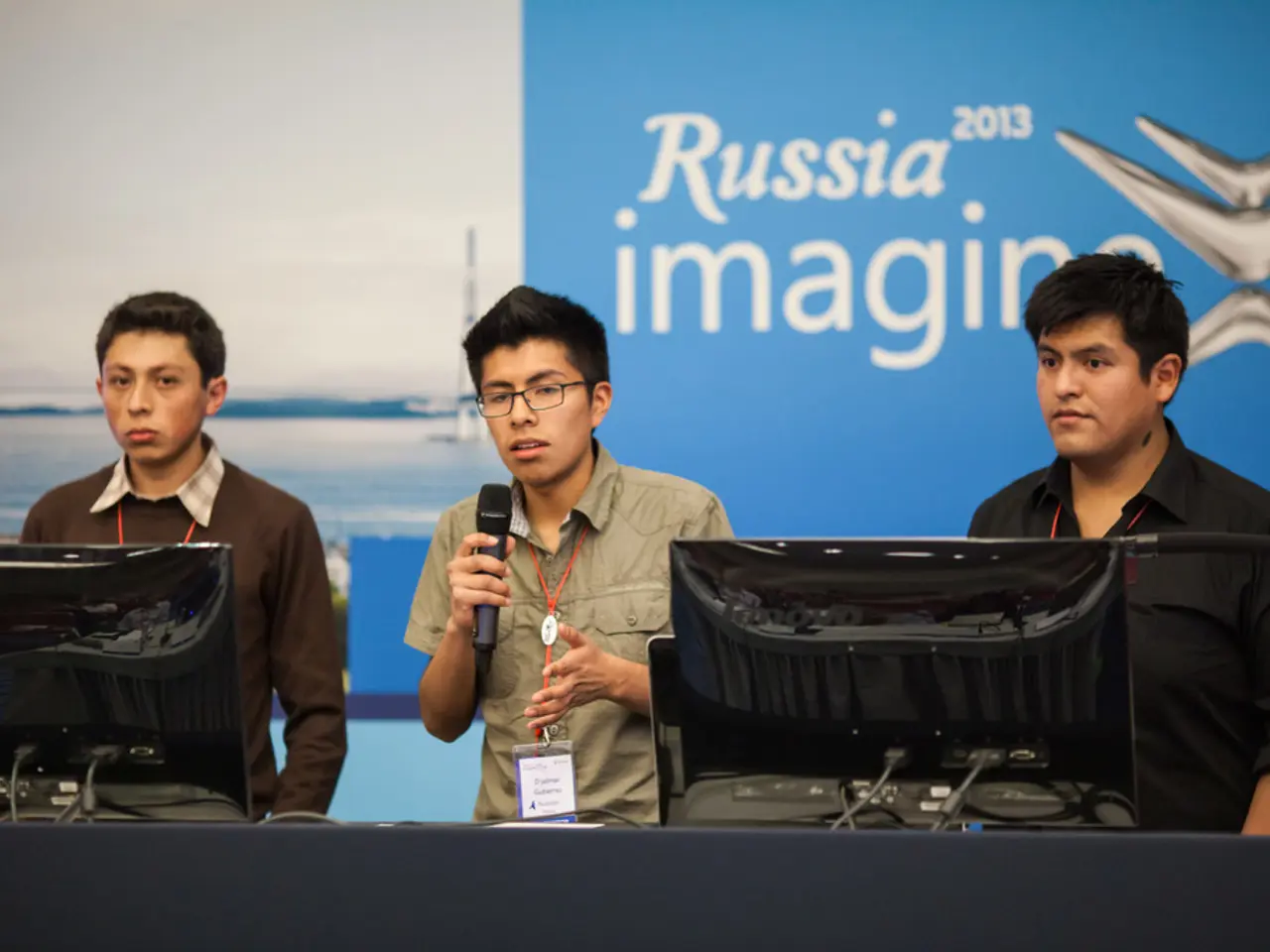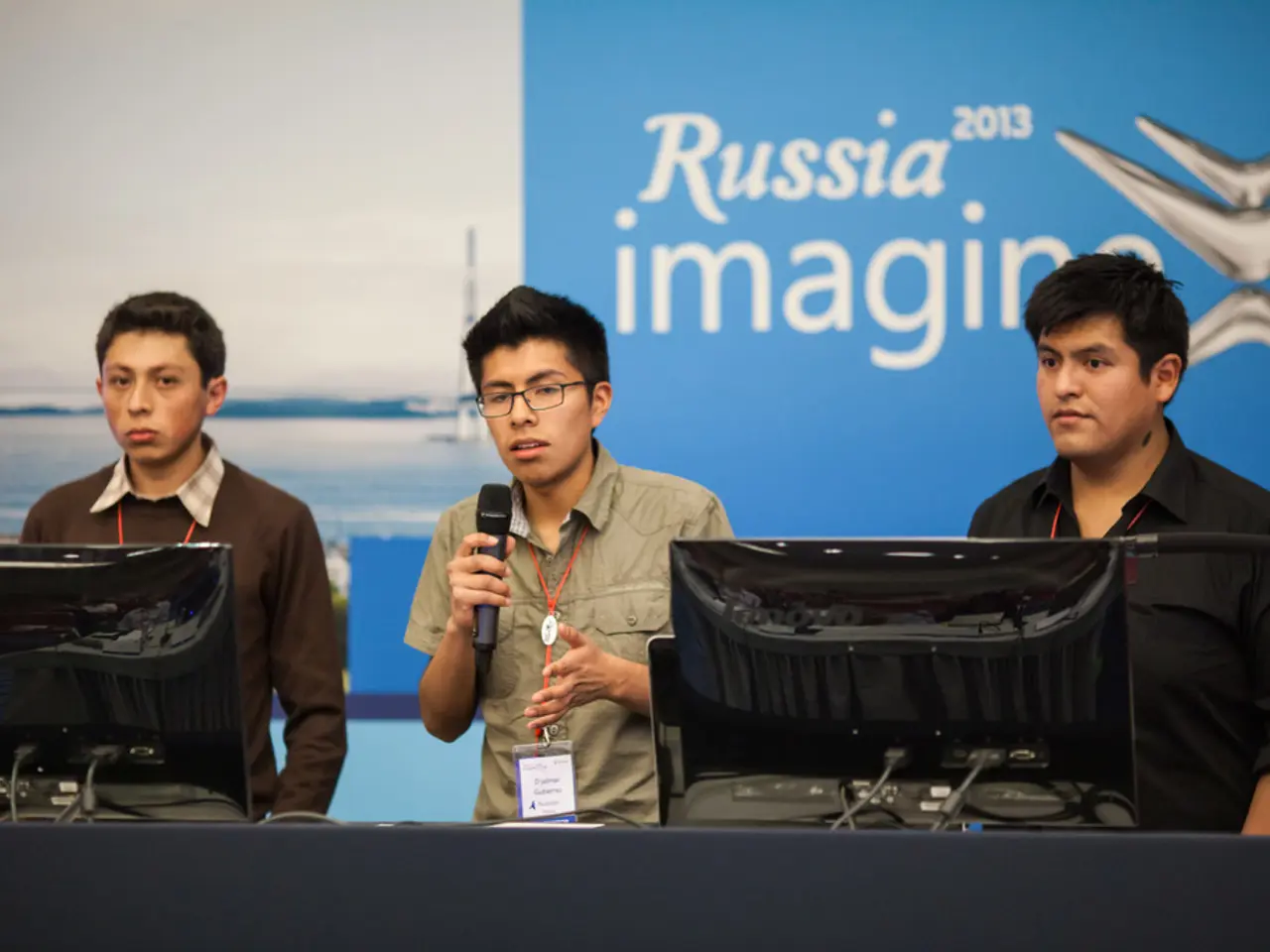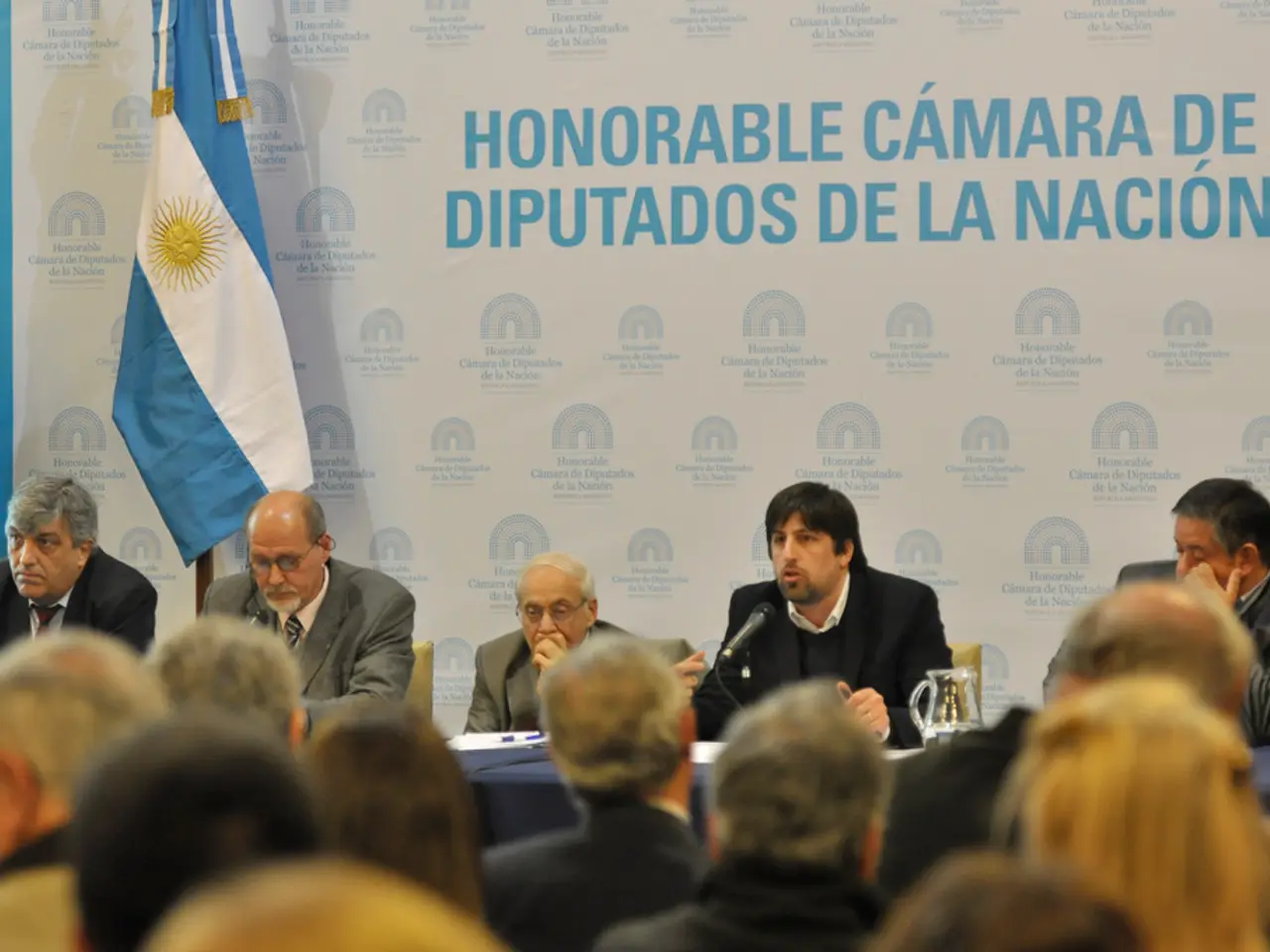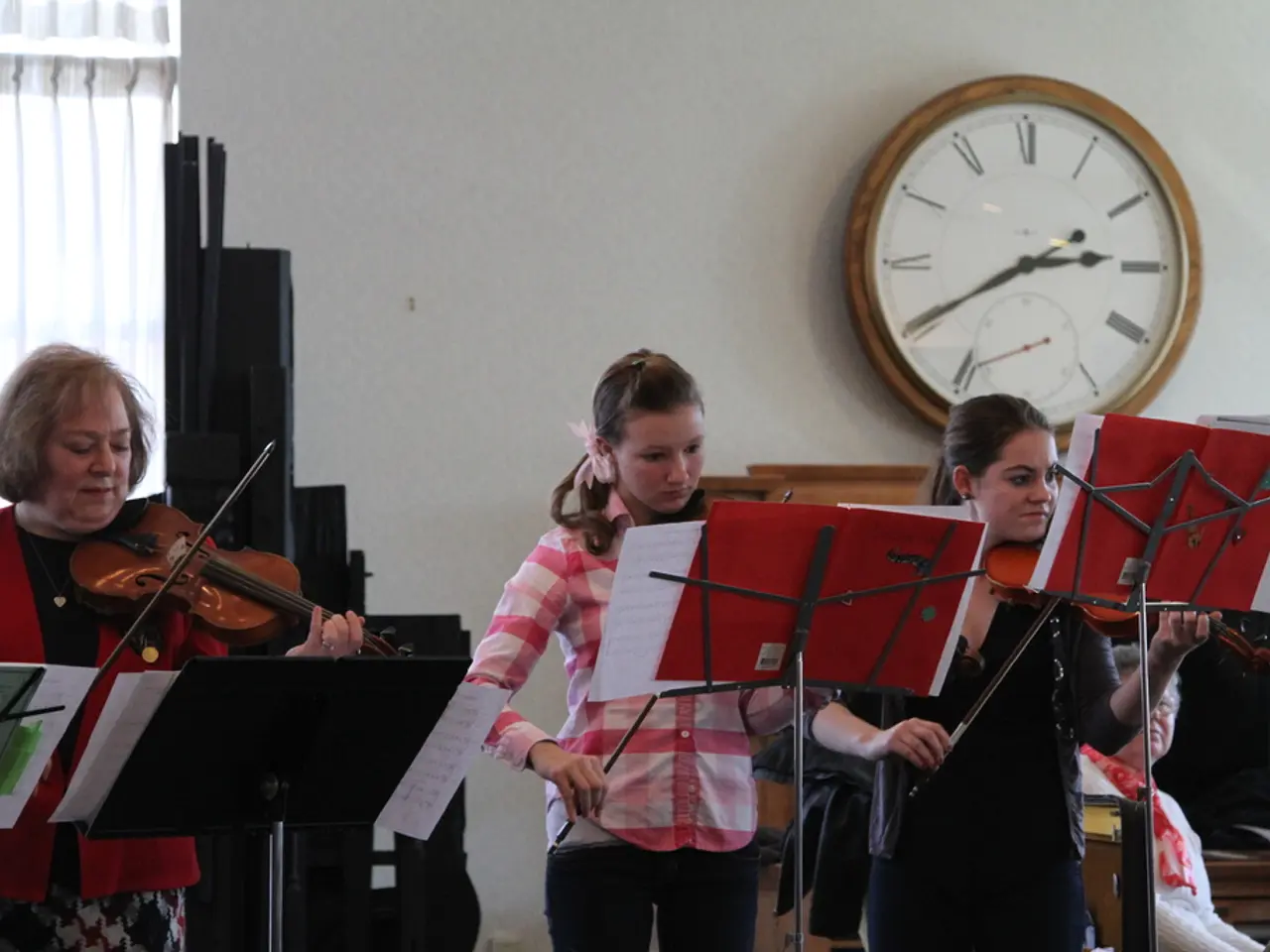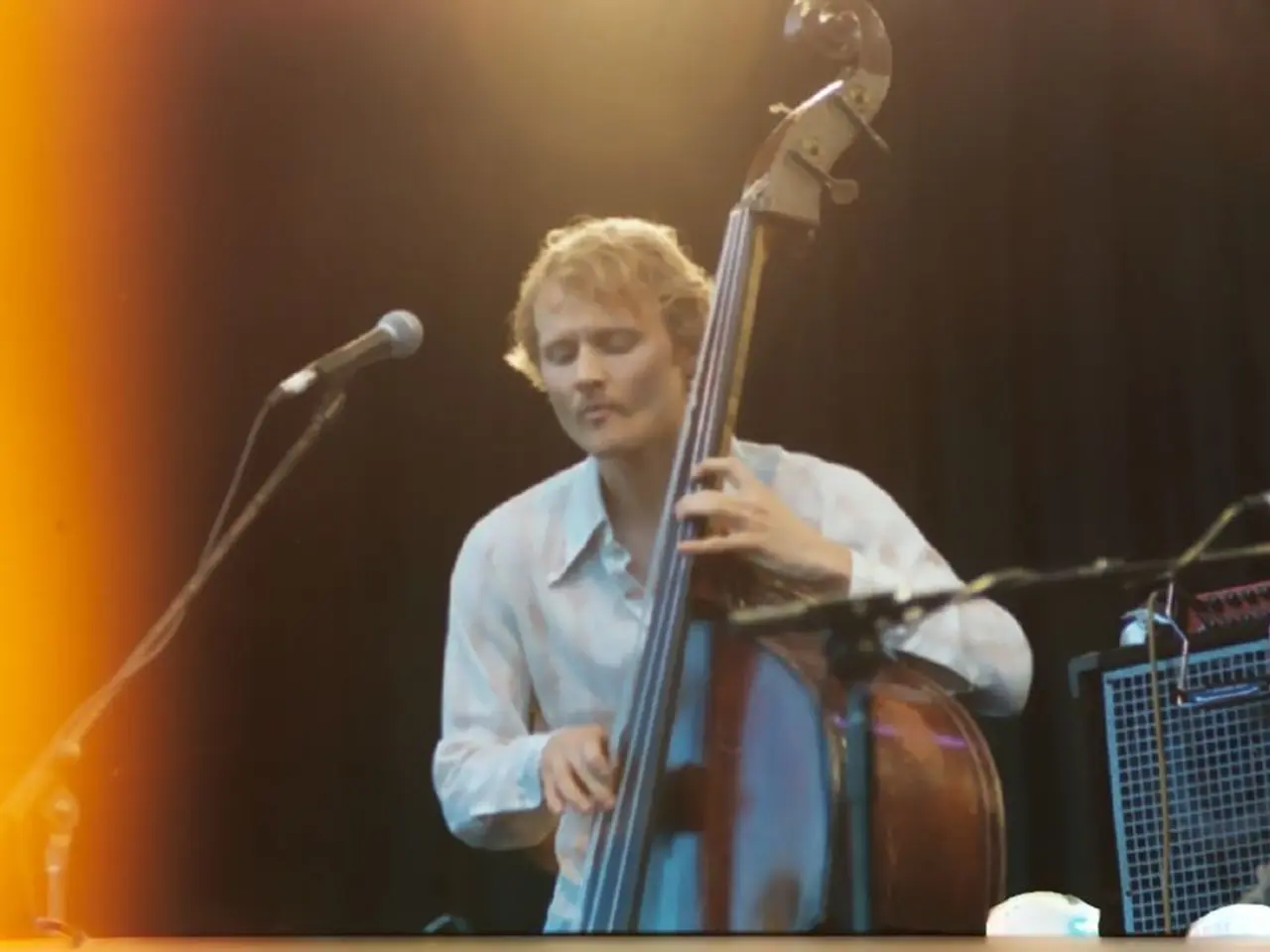Emergence of Divergent Perspectives Surrounding the Potential Trump-Putin Meeting Between the U.S. and Russia
The potential meeting between US President Donald Trump and Russian President Vladimir Putin is shrouded in uncertainty, with the proposed date set for Friday, August 15, 2025. The location, however, remains undecided, with Alaska and other Middle Eastern locations under consideration.
The summit, if it were to take place, would mark the first encounter between the two leaders since 2021. The proposed meeting was reportedly initiated or strongly supported by former President Trump, who has been attempting to broker a peace deal between Russia and Ukraine since taking office in January.
NATO Secretary-General Mark Rutte views the potential summit as an important moment to test Putin's commitment towards ending the war in Ukraine and to discuss security guarantees for Ukraine. Trump, on the other hand, has expressed openness to a meeting that might also involve Ukrainian President Volodymyr Zelenskyy, possibly as a trilateral discussion, but indicated he might "start off with Russia."
However, the inclusion of Zelensky in the meeting is uncertain. Russian adviser Kirill Dmitriev has acknowledged the planned meeting, highlighting potential cooperation beyond the conflict, such as in the Arctic region.
Trump has imposed a deadline on Moscow to agree to a ceasefire or face secondary sanctions, which would hit countries that buy Russian oil with a 100% tariff. The White House claims that Russia has expressed its desire to meet Trump, while Russian sources claim it was at the suggestion of the American side.
Zelensky has insisted on a trilateral meeting, stating that "everyone knows that key decisions in Russia are made by one person" and that Ukraine should be a participant in the negotiations. Zelensky also expressed concern about Russia not deceiving Ukraine and the US in the details of any potential ceasefire agreement.
In a recent development, just hours after the Witkoff-Putin meeting, Trump announced an additional 25% tariff on India for its imports of Russian oil. This move suggests that Trump's deadline to Putin regarding the ceasefire is still in effect.
Putin, in response, has suggested that who proposed the meeting and what was said no longer matters. He has also indicated that Russia seems more inclined toward a ceasefire following the Witkoff-Putin meeting.
As the date for the potential summit approaches, the diplomatic landscape remains dynamic, with the fate of the meeting hanging in the balance. The world awaits further developments with bated breath.
- Amidst the ongoing war-and-conflicts between Russia and Ukraine, the world is closely monitoring the potential policy-and-legislation changes that might occur following a possible meeting between US President Donald Trump and Russian President Vladimir Putin on August 15, 2025.
- The proposed meeting, if it indeed takes place, is not solely about resolving the current conflict, as Trump has shown interest in discussing general-news topics like Arctic region cooperation beyond the conflict with Russia.
- The dynamics of Europe's politics and international relations could drastically change if the proposed meeting results in peace agreements or altered world oil trade policies due to potential secondary sanctions on countries that buy Russian oil.
